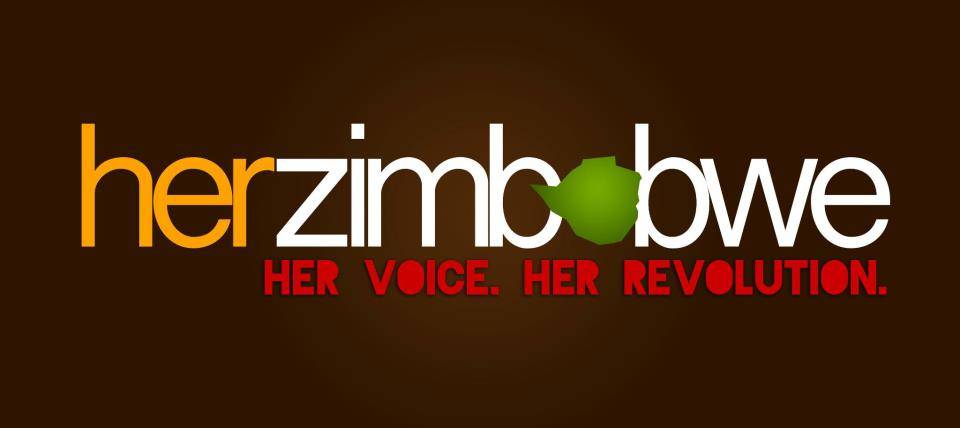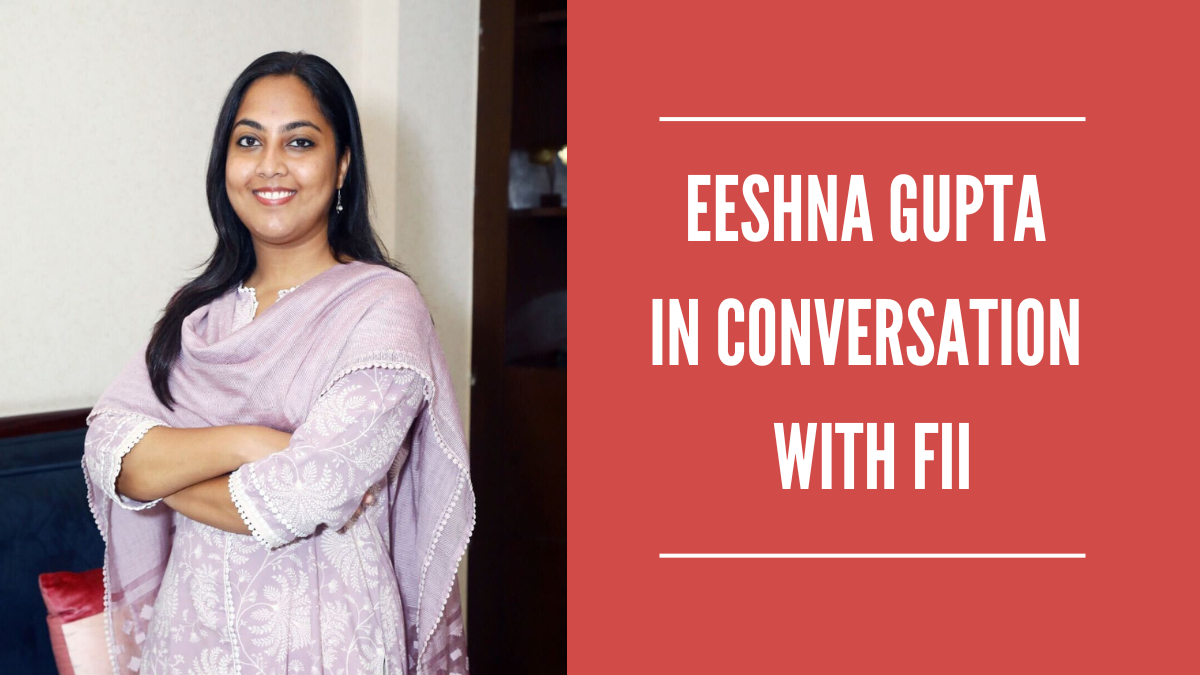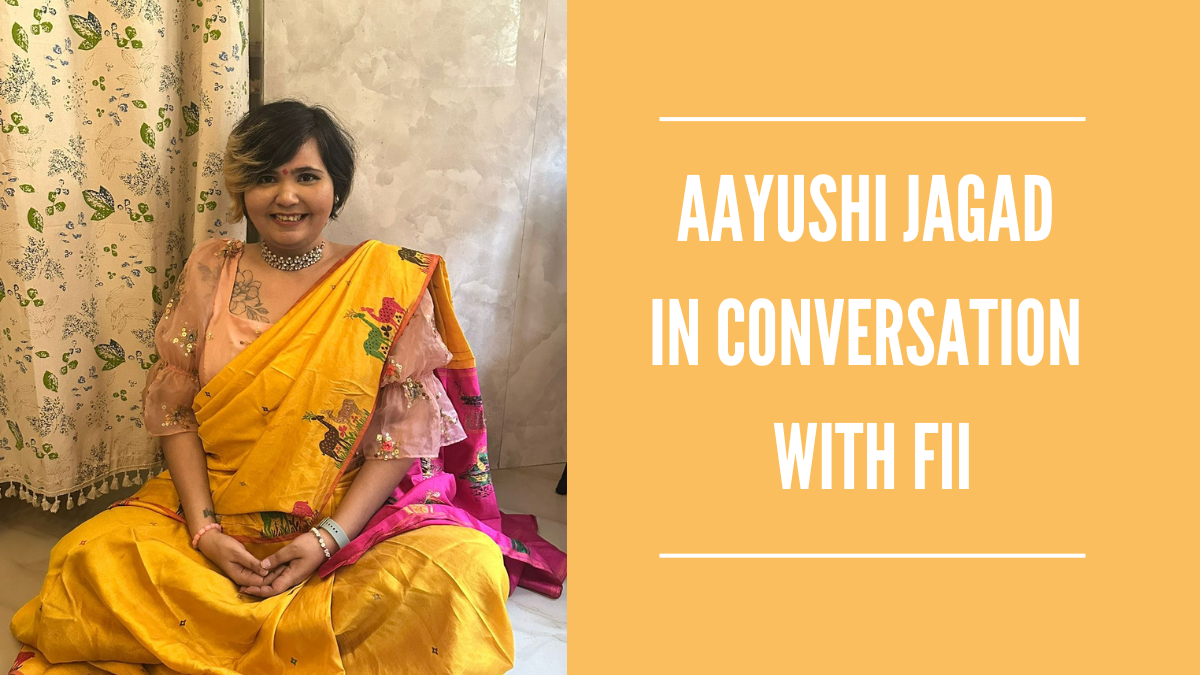In this series, Women In Power, we feature women who have done groundbreaking work in the field of gender, sexuality, women’s rights and the likes to get an insight into their lives and their work. More and more people are joining the feminist movement and working on gender and we wish to bring them in the limelight, one life at a time.

Fungai Machirori
Her Twitter handle refers to her as @fungaijustbeing, which is what she likes to believe she is. Meet Fungai Machirori – a Zimbabwean blogger, journalist and photographer. In 2012, Fungai founded Zimbabwe’s first web-based portal for women, Her Zimbabwe – an initiative to harness the potential of digital media to share and tell Zimbabwean women’s stories.
It incorporates a website and social media presence; targets women aged 20-35 to build the skills and capacity in telling and sharing their stories digitally.
This robust platform incorporates activities including content production, trainings in new media (including social media, blogging and digital security) and offline events that they call ‘Critical Conversations’.
In 2013, Her Zimbabwe was recognised with a Special Commendation in the University of Queensland’s Media for Social Change Awards and is also a member of the Guardian Africa Network.
Fungai describes herself as an individual who is just being and exploring the many facets of her self. It’s a topsy turvy road that has taken her through many awakenings and losses, but she thinks she is richer for it.
At her core, she is a creative with a passion for words and expression.
You wear so many hats, from writer to blogger, photographer, poet and journalist, what is a typical day like for you?
Sadly, the typical day does not allow me to able to express all these identities simultaneously, which is one of the deep aches of work and deadlines. My typical days sees me in the office, either editing content, doing some M & E (monitoring and evaluation), or writing a work plan! I am slowly trying to learn to infuse my days with more of these core passions of mine by setting aside time. So this can mean heading to a spot after hours for a session of photography, or eating into my sleep time to write-up a blog. Ah, and moving around with pen and paper so I can snatch a poem more effectively. My desk planner also works wonders for this practice!
How did you start writing? What was the motivation behind those powerful words?
Gosh, I have been writing since I was little girl. I think one memory I have very strongly is of my mother and I writing each other love letters when I was about 8 years old. My mother is a journalist herself and so loves to write, naturally.
So we would write these letters to each other that were so very expressive and full of stories.
I think even as a teenager, when I really struggled to express myself, writing was always this infallible resource for expression. I have a friend (her name is Thandiwe) who used to write me letters almost every day. We were in the same class, but sometimes didn’t have time to talk so we had a system where we wrote each other letters about our days and what was going through our minds. This was when we were 15 or so and I can honestly say, it’s the reason I learnt to look up at the sky and communicate its different shades. Thandiwe was a master of description and expression and I think she made me better for being able to appreciate the mundane for the magic it possesses. Every letter came with fancily drawn designs and stickers. I still have most of her letters, even today, and sometimes I just read them back and smile at the wonder of the beautiful simplicity of it all.
As a writer and poet, what do you think are the most pressing issues that we need to talk about, especially in conservative societies?
I think conservative societies are often resistant to speaking about change and tend to harken back to a past they want to imagine, and preserve, as ‘perfect’, or what is deemed ‘morally and culturally upright’. It’s largely a response born of fear of, and resistance to, change. A large area conservative societies steer clear of remains sex, sexuality and sexual orientation. In Zimbabwe, with the rise in Pentecostalism (and its accompanying prescriptive molarism), and the fixation of our media on sensational and oppressive language (you still find newspaper headlines that refer to sex workers as ‘hookers’, for example), it is increasingly difficult to bring to the fore conversations that broach the various areas of sexuality without being vilified or silenced.
In 2012, you founded Her Zimbabwe, how did that happen?
Well, Her Zimbabwe is actually a recommendation from my Masters dissertation! For my dissertation, I had looked at the concept of solidarity across Zimbabwean women’s movement-building and wanted to understand what alternatives existed to encourage new ways of nurturing solidarity. One way I suggested was to make use of digital media. The idea really got me thinking about what such a platform could look like and my eventually, my thoughts led me to an idea that I named Her Zimbabwe. And here we are!
Please tell us more about Her Zimbabwe, especially how does HZ uses ICTs to talk about critical issues.
Her Zimbabwe is really about getting young women to tell their own stories. Through our website, these young women share their analyses of various issues and topics that often don’t get much coverage elsewhere. We also conduct trainings on how to blog, use social media and understand digital security; and during those sessions, we also engage with young women to explore their voices and the issues that they want to add their perspectives to. Two common causes of self-censorship are fear and lack of self-confidence. And so such sessions are also intended to provide space for introspection around these young women’s silences and the sources thereof.
What do you hope to achieve from Her Zimbabwe?
I always say this and to me, it’s the simplest and yet most profound achievement. I am all about posterity. I am all about people of Africa – and in a more general outlook, people of the global south – claiming and owning their own narratives; speaking, documenting, existing. It’s all a bit cliché at the moment – the ‘we must begin to tell our own stories’ refrain – but I am most concerned to one day being 70 years old and have young people ask me what I did to document my present reality. One day, I believe, all we have written and said will matter to someone who wants to retrace our existences and find the threads that bind us to them. That will be my most profound achievement.
You also conduct workshops in digital storytelling and security, could you please tell us one interesting experience or observation from such workshops?
I think for me, it’s always the lack of awareness about any kind of security. You have people (a lot with degrees in media) who have never installed antivirus software onto their laptops, or who still believe Internet Explorer is the only web browser around. This also filters into the way many use online tools; from not logging out of their accounts while at an internet café or conducting sensitive transactions on an unsecured WiFi network. There are many things people who work online tend to take for granted as common knowledge, and it’s always this realisation that makes me aware of just how little digital media literacy there is.
Why do you think it is important for women to use media and technology to amplify their voices?
Because otherwise, we will be erased from space. More and more of the conversations we deem ‘important’ are happening online. I put important in inverted commas because you can have just as important a conversation without a single gadget close by to document it. But what I mean is that many of the conversations that have direct consequences for women’s rights and freedoms are happening online. And if we are not there, then we will be erased.
All images courtesy Fungai Machirori and Her Zimbabwe
Check out Her Zimbabwe’s work on their website and follow them on Facebook, Twitter and YouTube.
About the author(s)
Japleen smashes the patriarchy for a living! She is the founder-CEO of Feminism in India, an award-winning digital, bilingual, intersectional feminist media platform. She is also an Acumen Fellow, a TEDx speaker and a UN World Summit Young Innovator. Japleen likes to garden, travel, swim and cycle.




